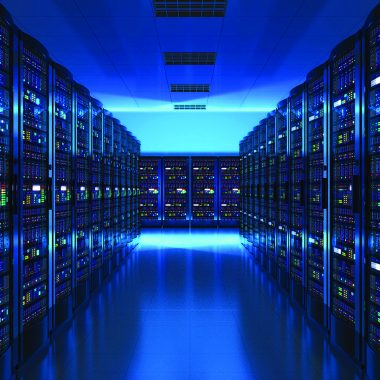VCG
There’s no mistaking how important China is to Tesla.
The electric vehicle maker opened its first store there over a decade ago in 2013. Six years later, in 2019, it began construction on a gigafactory in Shanghai. And in that time it has turned China into its most important market outside the US.
In 2023, almost a quarter, or $21.7 billion, of its $96.8 billion revenues came from China. In Tesla’s financial reports, China is the only international market with a separate line representing revenue figures. All markets beyond the US and China fall under an “other international” label.
Speaking out on free speech matters is likely to be trickier for Musk in China, particularly at a time when Tesla faces growing competition from domestic players such as BYD.
Tesla experienced a decline in sales in China in the first half of the year, per filings. Its market share of EV sales in China fell to 6.5% between January and July, down from close to 9% in the same period last year, per data from Shanghai consultancy Automobility reported by The Financial Times.
Rocking the boat could make life tougher for Tesla in China.
On top of that, China has become a vital place for Tesla to make its robotaxi ambitions a reality. Following an unannounced visit to China in April, Tesla’s shares surged by over 15% after news emerged that Musk had secured a deal with Chinese internet giant Baidu to boost his company’s efforts to roll out driverless car technology in the country.
In the midst of the trip, Musk shared on X — presumably with the helping hand of a VPN to bypass China’s “Great Firewall” — that he was “honored” to meet with Premier Li Qiang. “We have known each other now for many years, since early Shanghai days,” he wrote.
Brazil, meanwhile, has yet to become an official market for Tesla.
Though people have been seen cruising in Teslas across the country, they have typically made their way there having been imported from the US or Europe. No official dealer exists in the country; Chile is listed as the only South American country on its website.
According to Luke Gear, principal analyst at Benchmark Mineral Intelligence, a research firm examining the EV market and its supply chains, Brazil has been a “relatively small market” for electric vehicles to date, with just 50,000 plug-in EVs sold there in 2023.
That said, Gear told Business Insider that the market there is “growing rapidly”, with last year’s 50,000 sales number surpassed in June this year. Growth is “driven by low-cost imports from BYD”, he added.
Brazil’s former president, Jair Bolsonaro, said in 2020 that the opportunity to bring Tesla to his home country was part of his agenda for a trip to the US.
He met Musk two years later, in May 2022, as the billionaire was preparing his Twitter takeover — a move described by Bolsonaro as a “breath of hope” in comments reported by Reuters. But a deal to take Tesla to Brazil never materialized.
Han Yang, a political observer who says he was formerly in China’s foreign affairs ministry and now lives in Australia, wrote on X this month that Musk “pretends to be a champion for free speech” but hasn’t uttered “a single word of disapproval” of China’s president Xi Jinping, whom he notes has banned X in the country.
So long as Tesla remains dependent on China, it seems free speech is far from absolute for Musk.
X did not immediately respond to a request for comment from Business Insider.
https://www.businessinsider.com/elon-musk-brazil-x-ban-china-tesla-2024-9


